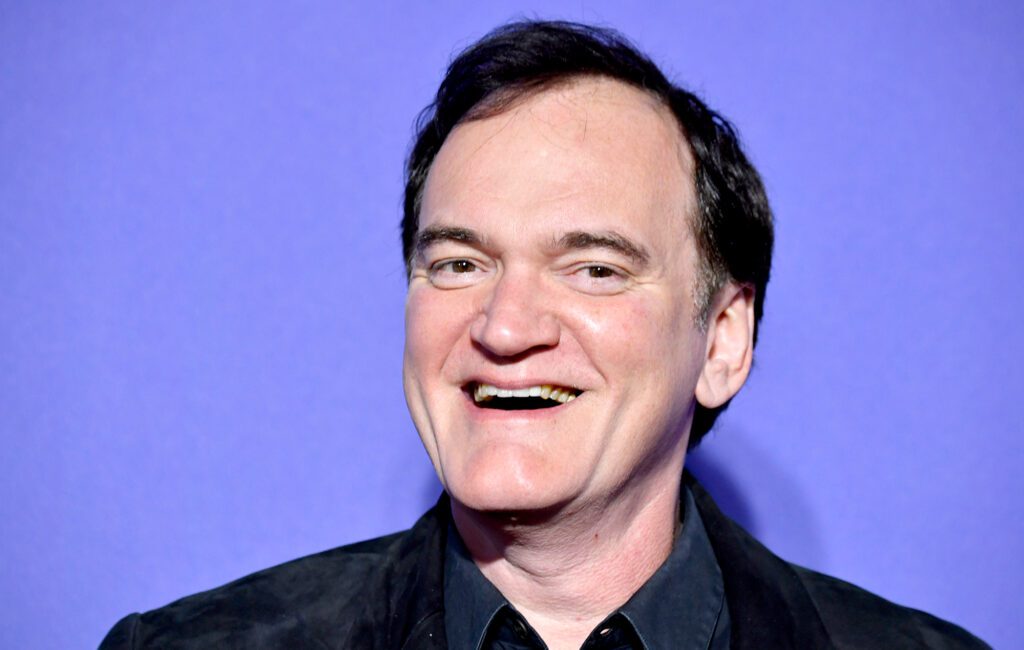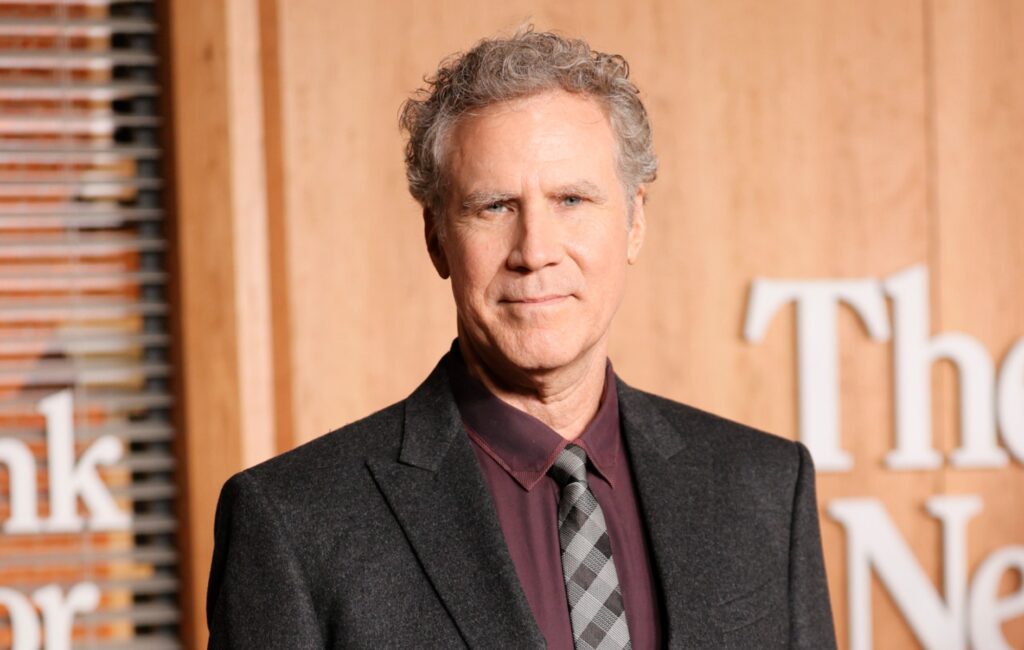David Fincher is creating a miniseries about 'cancel culture'
 Posted On
Posted On
David Fincher has revealed that he’s working on a new miniseries based around ‘cancel culture’.
The lauded director returned to the big screen for the first time since 2017 this month with his new film Mank.
- READ MORE: ‘Mank’ review: David Fincher’s sumptuous tale of classic Hollywood
Discussing the new film in an interview with The Telegraph, Fincher also discussed future plans, and detailed the new miniseries.
“It’s about how modern society measures an apology,” he said. “If you give a truly heartfelt apology and no one believes it, did you even apologise at all? It’s a troubling idea but we live in troubling times.”

Since his last big screen appearance with 2017’s Gone Girl, Fincher also helmed the Netflix limited series Mindhunter, which has now been put on hold indefinitely, with the director saying a third season is “unlikely”.
Giving new film Mank a five-star review, NME wrote: “Fincher’s latest is a sophisticated drama that’s worth taking the time to get your head around. It’s about power and regret, alcoholism and wasted talent, movies and love. It’s also one of the best films of 2020.”
Across the last few months, countless musicians, actors and others in the entertainment world have been addressing the prevalence of ‘cancel culture’. Nick Cave recently referenced the movement, labelling it “mercy’s antithesis,” adding that “cancel culture’s refusal to engage with uncomfortable ideas has an asphyxiating effect on the creative soul of a society”.
Cardi B, meanwhile, said that she feels like she has a “target on [her] back” because of cancel culture, “but it’s not because of my music”.
Slowthai said he “can’t understand why anyone would wanna make people feel them ways,” discussing his self-described “shameful” behaviour at the NME Awards 2020, while Trainspotting creator Irvine Welsh said this week that the movement exists because “people want to be compensated in some way for the hurt that they feel”.


